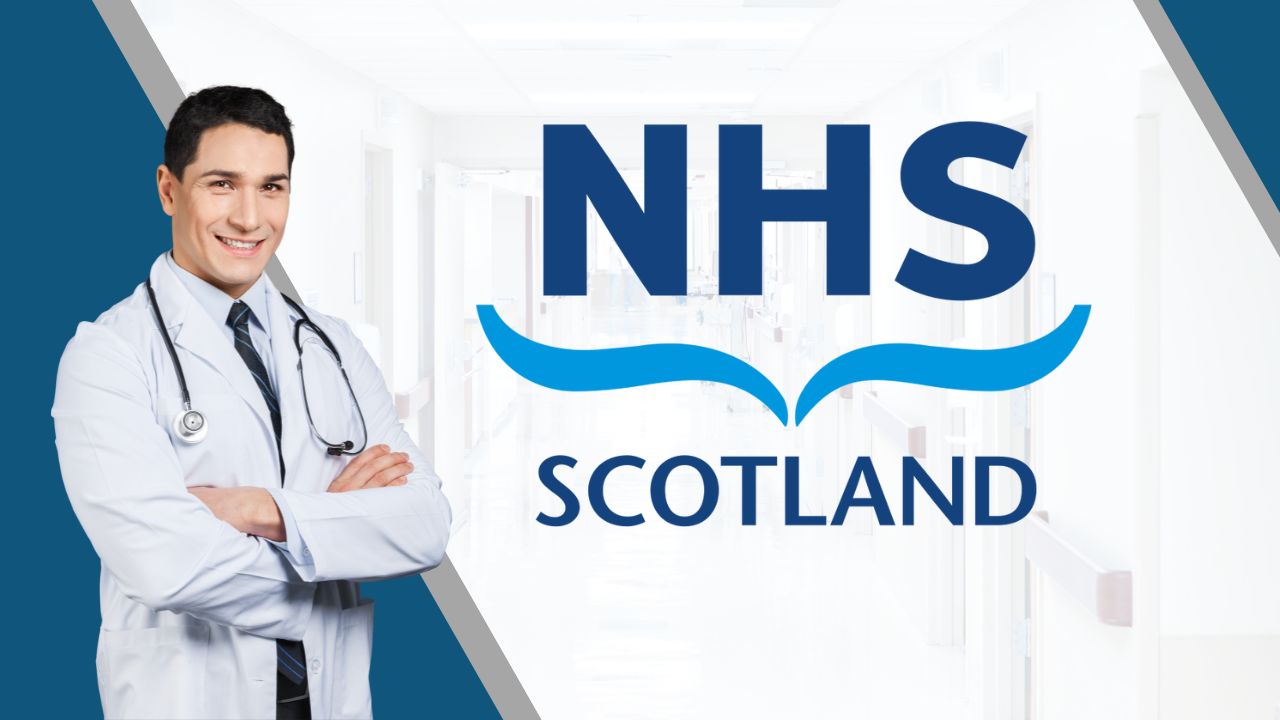With one in seven Scots on waiting lists for NHS treatment in 2023, it’s safe to say the situation right now is one that urgently needs to change.
Recent data from Public Health Scotland found that there have been 6,985 ongoing waits for inpatient or day patient treatment lasting more than 104 weeks. This can cause a lot of distress for people who just want to have their treatment so they can get on the road to recovery.
The news is a little better for outpatients, with 95% of them waiting no longer than 12 weeks for treatment. However, the number of waits lasting longer than this crept up from 107,925 people to 118,402 people between quarters.
Difficulties for doctors & nurses
With winter fast approaching, the need for good mental health for Scottish doctors and nurses is likely to increase. Long waiting lists produce frustrated patients. But of course, it’s usually the people on the ground who have to bear the brunt of complaints from those who are understandably concerned.
To boot, many staff members may still be recovering from the incredibly high levels of stress that they were subjected to during the pandemic.
Contributing factors
The pressure to meet targets is a large part of the job, but this can result in burnout for staff members if they are not properly supported. Staffing levels must be kept at a healthy rate to prevent this.
Staff sickness is often a major problem for the NHS too, which can lead to other medical personnel feeling overstretched. Recruitment efforts need to consider that more people may be required to account for consistent rates of staff sickness.
What to do if this has affected you
If you are a patient who has been affected by overly long waiting times or another form of medical negligence in Scotland, the current state of the NHS may have something to do with that. Nevertheless, you don’t necessarily have to grin and bear it. You may find it useful to seek professional advice and help for your ordeal.
Some examples of medical negligence include:
- Delayed treatment for a time-sensitive condition that caused avoidable pain or loss
- Surgical errors
- Prescription errors
- Anaesthesia complications
- Misdiagnosis
It’s a good idea to take notes, photos and screenshots of anything that might be relevant to prove that you have been adversely affected.
If you’re struggling because of the Scottish NHS’s challenges, seeking legal advice and going to the right people for emotional support can ease the burden somewhat. Don’t be afraid to reach out!





No Comment! Be the first one.